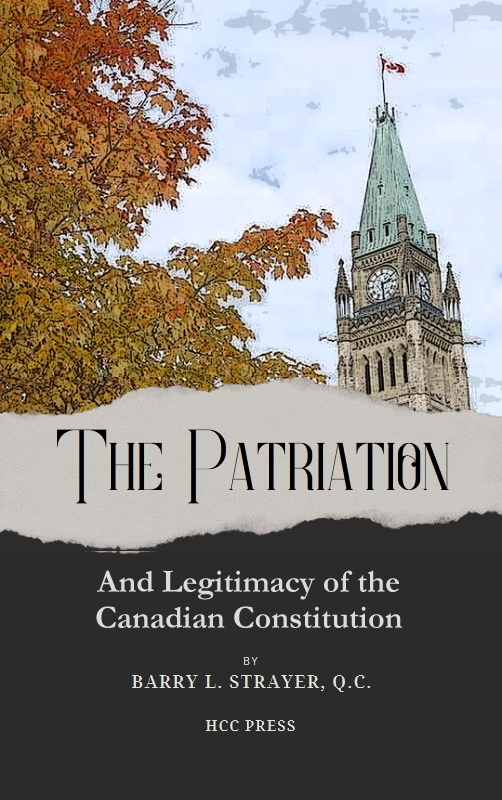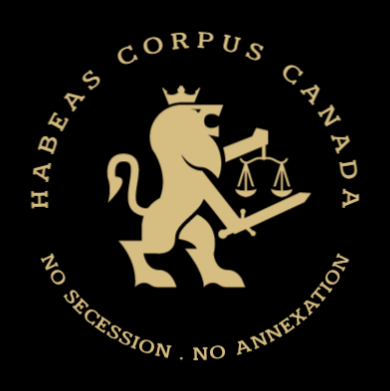As time went on there were more straws in the wind, pointing to an established provincial role in constitutional amendments affecting the provinces. In 1935 and 1936, there were further unsuccessful federal-provincial discussions on an amending formula, but the proposals all defined some degree of provincial consent as a prerequisite. The British North America Act of 1940 transferred jurisdiction over unemployment insurance to the Parliament of Canada from provincial legislatures. In point of fact, that amendment was not sought until after all provinces had given some form of approval. This was the first instance of a fundamental amendment altering the distribution of powers, and unanimous agreement of the provinces was obtained. Further amendments to the distribution of powers with respect to old age pensions in 1951 and 1964 also involved unanimous provincial consent, as did the amendment in 1960 which first imposed a retirement age on provincial superior court judges.
In the decade preceding our Centennial of 1967, there were other developments that seemed to confirm the role of the provinces in constitutional amendment. In 1960 and 1961, a series of federal-provincial meetings of Attorneys General was held under the chairmanship of Mr. Diefenbaker’s Minister of Justice, the Honourable Davie Fulton, for the purpose of devising a means for patriation and a Canadian amending formula. While these meetings provided me with my first experience in constitution-making, and the opportunity to work with Dean Cronkite and Professor Frank Scott as members of the Saskatchewan delegation, they produced little else by way of concrete results. Nevertheless, the majority consensus of those meetings favoured an amending formula which not only would require some provincial consent for constitutional amendments, but also unanimous provincial consent for certain of the most fundamental amendments. Moreover, it generally was assumed by the provinces that the new amending formula itself would not be adopted without their unanimous agreement, and while the federal government may not necessarily have adopted that view, it did not proceed with the so-called Fulton Formula in the face of the opposition of the Government of Saskatchewan to that Formula. A similar exercise was gone through in 1964-65 when the Fulton Formula, with a few modifications, became the Fulton-Favreau Formula, so-called because the revised version was worked out by a conference of Attorneys General chaired by the Honourable Guy Favreau, then Minister of Justice in the Pearson government which had in the meantime come into office. The Fulton-Favreau Formula also would have required provincial unanimity for certain amendments. It failed of adoption because one province — in this case Quebec — refused to give it final approval.
Although the Fulton Formula and the Fulton-Favreau Formula failed, they left a certain legacy. They promoted provincial particularism. They

